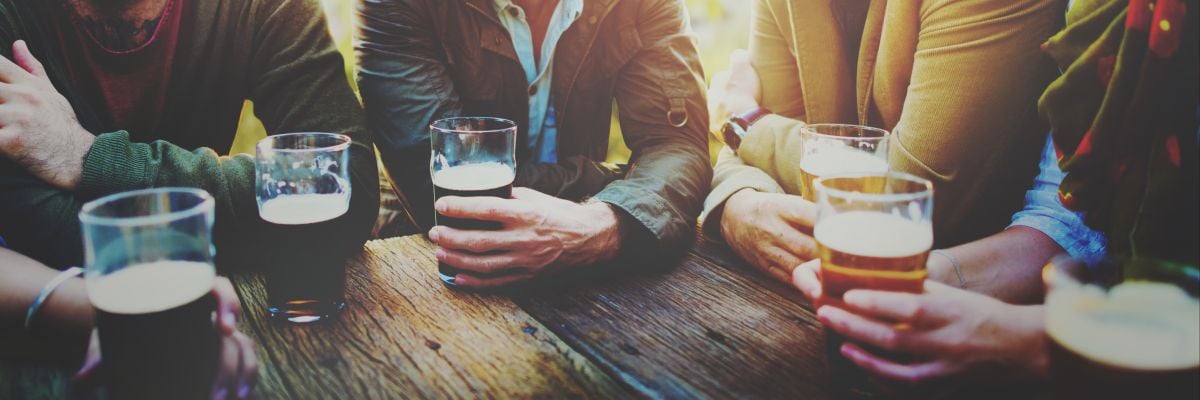PS to quote a priest from CA:
Drinking is not inherently evil, but once someone reaches a certain level of intoxication, they may have abused alcohol to the point of mortal sin.

www.catholic.com
Question:
When is drinking alcohol a mortal sin?
Answer:
Abusing intoxicating drink is a grave sin if it deprives the drinker of the use of reason. This means that the drinker no longer has the freedom necessary to deliberate responsibly about what he should do or not do. Of course, in order to be a grave sin the excessive drinking has to be deliberate, not simply a surprise based on lack of foresight. In this latter case the intoxication would be a venial sin.
It is important to remember that even if gravely wrong actions (fornication, violence, etc.) performed while intoxicated were not freely willed in themselves, they were willed in their cause—namely, deliberate drunkeness—and so the drinker is responsible for them as though he had chosen them deliberately.
There are other aspects of drinking that may be sinful; for example, its impact on the health of the body. For neglect of bodily health due to drinking there has to be a grave physical danger to which the drinker is knowingly exposing himself.
Further, there are the requirements of civil law. The blood alcohol limit established by law is much lower than actual gravely sinful intoxication, but it is the point at which some reflexes may be so impaired as to make driving unsafe. Ignoring these laws can easily be grave matter also, even if the driver is not strictly speaking drunk.

